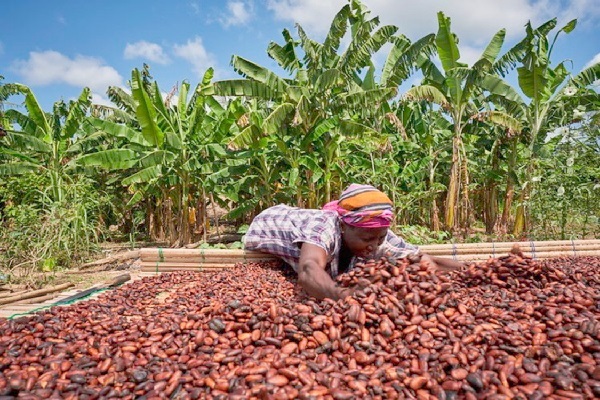- China takes swing at European Union with brandy duties after EV tariff vote
- Boeing delivers 33 jets in September but strike impact looms
- Women's health startup Maven Clinic closes funding at $1.7 billion valuation
- Airlines, theme parks, cruise lines warn travelers about Hurricane Milton disruptions
- Why the U.S. is covered in strip malls
What do you believe is the single most important factor driving up the cost of living in Nigeria?

Children in west Africa are often sent to live with other families—but fostering may not help them get ahead
In west Africa, it's common for families to foster children informally. This helps ease the burden on parents and can give children from poorer families a chance to improve their lives.
An estimated 20% to 40% of mothers in the region have sent at least one child to live with another household for an extended period. That household acts as a "social parent."
Education is one of the leading reasons for the practice: children can be in households with more resources for schooling or closer to schools.
Whether this fostering is beneficial or harmful depends on how much the host families are willing to support and invest in the fostered children.
The practice of child fostering differs from the formal foster care systems that are common in many parts of the world. Fostering arrangements in sub-Saharan Africa are typically informal and unregulated. Without legal or economic incentives, there's a risk that host households may not be as invested in the welfare of fostered children, including their education, as they are in their own.

- October 8, 2024
NCC to sanction Elon Musk’s Starlink for unauthorised price hike


- October 8, 2024
Cocoa carriers boycott services, demand 3 cedis labour fee

- October 8, 2024
New apps aid blind people in navigating indoor spaces




- October 8, 2024
Telcos face $1bn fraud threat amid mobile money boom – GSMA

Subscribe to our mailing list to get the new updates!

Subscribe our newsletter to stay updated
Thank you for subscribing!





